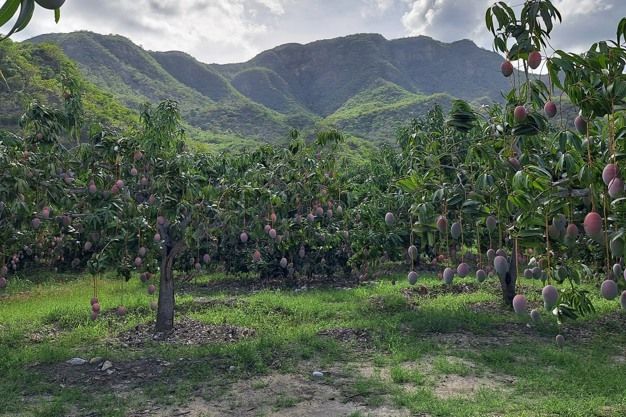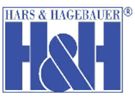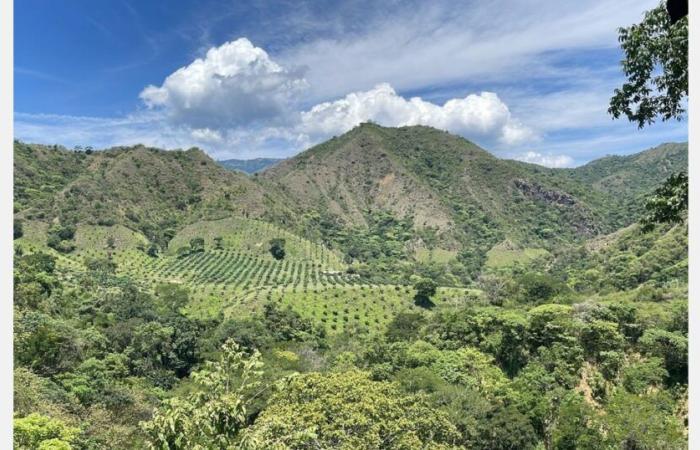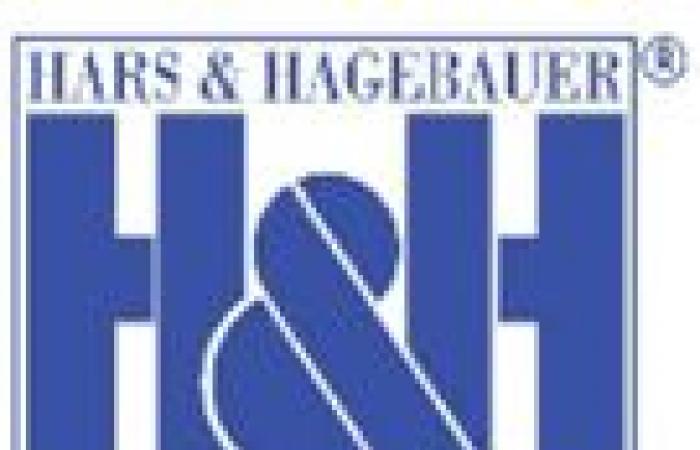The mango market is irregular and extremely complex, says Henk van der Meij, mango specialist at Dutch importer Hars & Hagebauer. According to him, “this has been going on for years”. The challenges come as much from production as from consumer behavior.
According to Henk, the market is marked by its “erratic” and “unreliable” character, alternating between “highs and lows”. This season started early. “The year started with high prices due to limited volumes from Peru. However, these prices were quickly deemed too high by buyers, leading to a drop in demand. »
The situation also remains complex for other production areas, such as West Africa. “Harvests there are highly dependent on weather conditions. Sometimes they are early, sometimes late. Volumes can be massive one year and insignificant the next,” explains Henk.
Producers and exporters who have paid advances often find themselves in difficulty. “Climate change is an unavoidable reality. In Senegal, the export window has been greatly reduced, with producers and exporters generally suffering. »
Instability does not only concern production. According to Henk, mango consumption also remains stagnant. “Consumers in Western Europe eat on average half as many mangoes as those in the United States,” he says. Furthermore, supermarket sales are highly dependent on promotions. “Without promotions, demand collapses. »
Promotional campaigns play a crucial role in driving sales. “It is indisputable that promotions boost sales in supermarkets. But their absence inevitably leads to a drastic drop in demand. In my opinion, people rarely buy mangoes on a regular basis, which limits the growth of consumption. As soon as promotions stop, the market collapses. »
This market fickleness also affects countries like Israel and Spain. This year, Israel had “the misfortune of being part of a cyclical market, with ex-Rotterdam sales prices oscillating between 4 and 5 euros,” explains Henk. Spain, meanwhile, has all but pulled out this year due to its poor 2023 harvest.
In contrast, Egypt is gaining ground, particularly in wholesale markets in Central and Eastern Europe. However, for Western European retailers, the Egyptian mango sector remains penalized by unreliable certifications and a lack of clarity regarding maximum residue limits (MRLs).

Henk is cautious about the future. “We have no idea what Peru will do in the coming months. One possible scenario is that of a completely saturated market,” he explains. He also observes little room for innovation. “Supermarkets favor classic, well-established varieties, with Kent, Keitt and Osteen leading the way. As for the announced disappearance of Tommy Atkins, it did not materialize. Some markets still appreciate this variety for its superb color and sweet flesh. »
“An unpredictable market benefits no one,” concludes Henk. Indeed, the mango market continues to pose challenges to all links in the chain.
For more information:
Henk van der Meij Hars & Hagebauer
Hars & Hagebauer
Such. : +31 180 745100
[email protected]
www.harshagebauer.nl









